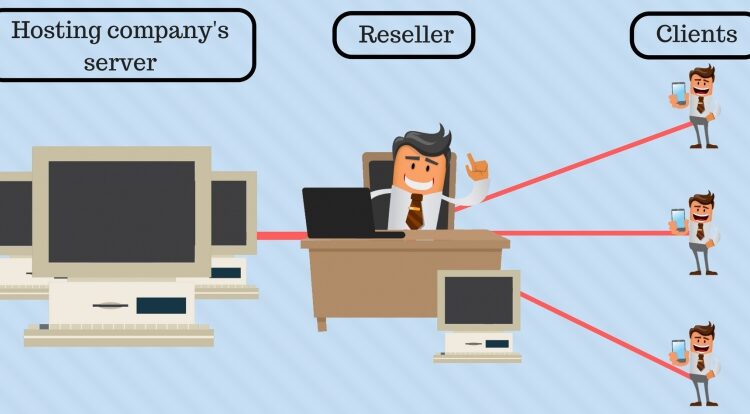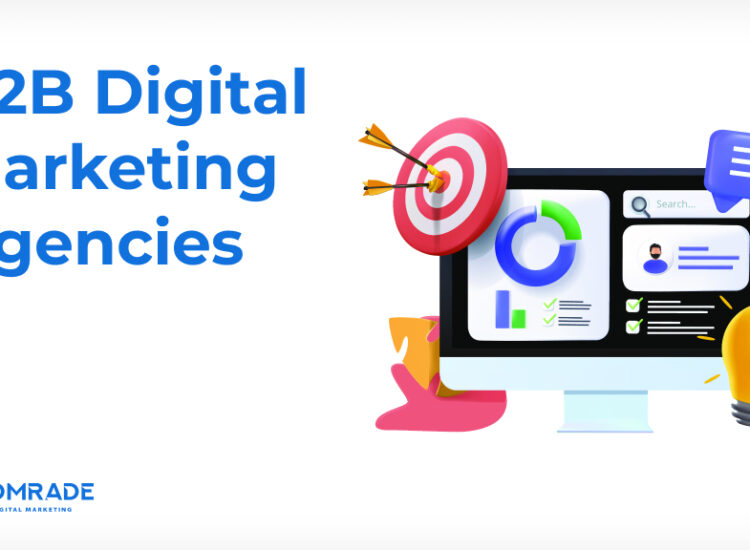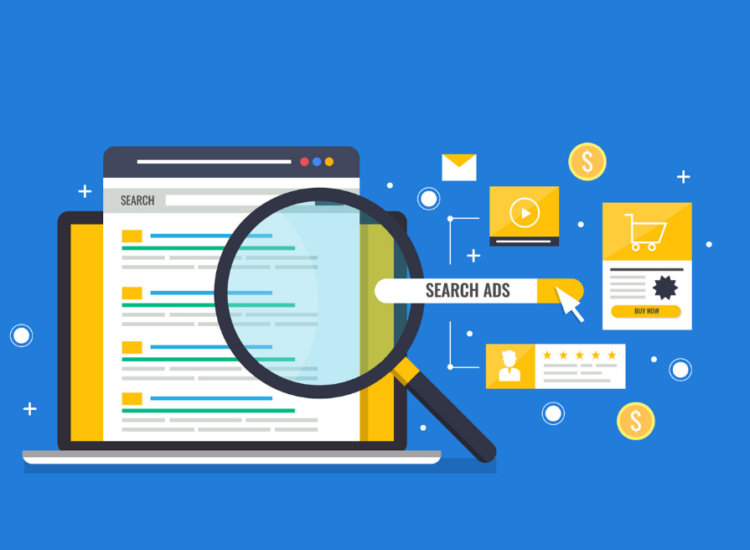SMS marketing offers impressive open and click-through rates, making it a highly effective channel for reaching and engaging customers. However, many small business owners are surprised to discover that sms marketing pricing can be more complex than they initially anticipated. Beyond the cost per message, factors like keywords, shortcodes, and monthly fees contribute to the overall expense. Navigating this intricate landscape requires careful consideration and planning to ensure a cost-effective strategy.
Toc
- 1. Understanding SMS Marketing Pricing and Costs
- 2. Calculating Your SMS Marketing ROI
- 3. Related articles 01:
- 4. Beyond the Costs: Building a Successful SMS Strategy
- 5. Choosing the Right SMS Marketing Provider
- 6. Best Practices for Maximizing SMS Marketing ROI
- 7. Related articles 02:
- 8. Compliance and Regulations
- 9. Frequently Asked Questions
- 10. Conclusion
Understanding SMS Marketing Pricing and Costs
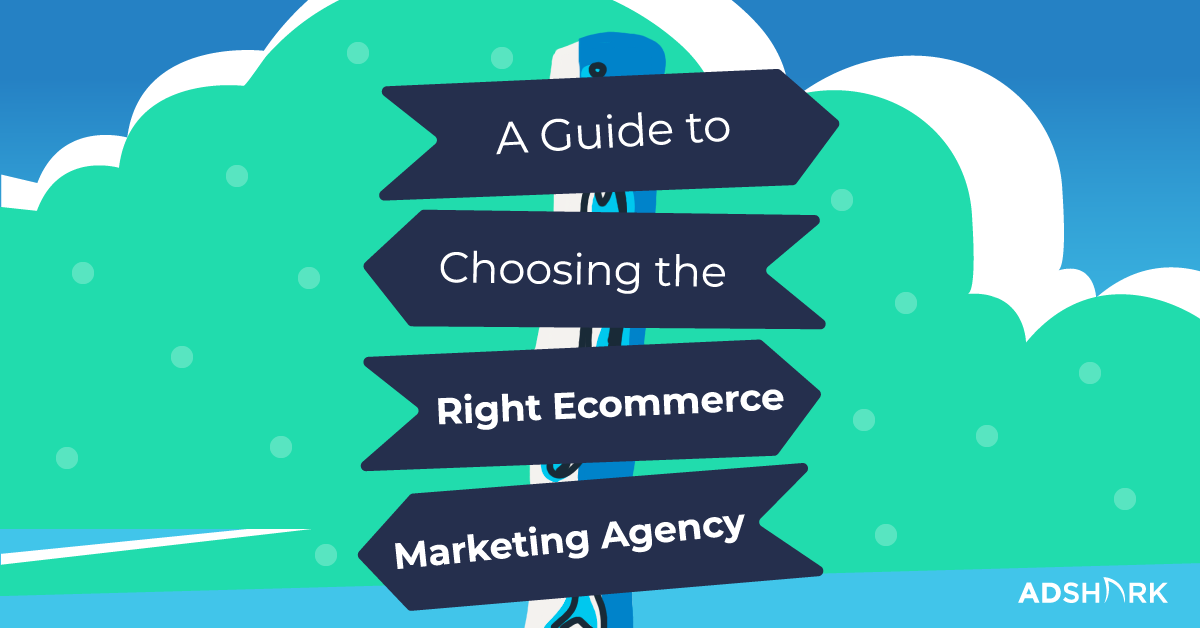
When it comes to sms marketing pricing , understanding the various components that contribute to the overall cost is vital. Here, we break down the primary factors influencing the text message marketing cost.
Cost Per Message: A Closer Look
The cost per SMS message is a fundamental aspect of sms marketing pricing. Typically, the price ranges from one to five cents for standard SMS messages. For Multimedia Messaging Service (MMS) messages, which allow for images or videos, the cost can be slightly higher, averaging three to six cents per message. For example, sending a text message to a recipient in the United States typically costs around 2-3 cents per message, while sending to a recipient in Canada might cost around 4-5 cents. This variation is due to factors like network infrastructure and regulatory costs.
While cost per message is a primary factor, it’s important to consider the overall cost of your SMS marketing campaign. A lower cost per message might not be the most cost-effective solution if you’re sending a large volume of messages, as the total cost could still be significant. Popular SMS marketing platforms like Twilio and ClickSend offer competitive pricing structures, often providing discounts for bulk messaging. It’s essential to evaluate various providers to find the best fit for your budget.
Keywords and Shortcodes: Alternatives Exist
Keywords and shortcodes are crucial components of effective text message marketing. Keywords are specific terms or phrases that potential subscribers can text to a designated number to opt into your SMS marketing list. Many SMS marketing providers include a set number of keywords in their monthly packages, with additional keywords costing between $15 to $25 each.
Shortcodes are five or six-digit numbers that businesses use to send and receive SMS messages. The pricing for shortcodes can range from $500 to $1,000 per month, depending on whether the shortcode is a randomly assigned number (non-vanity) or a custom number (vanity). While keywords and shortcodes can be effective for SMS marketing, businesses can also utilize alternative methods for opt-in and messaging. For example, businesses can use QR codes on physical materials or leverage social media platforms to encourage customers to opt-in to their SMS lists. Understanding these costs is essential for budgeting your sms marketing pricing effectively.
Monthly Fees and Packages
Most SMS marketing service providers offer tiered monthly plans, where the base price can vary significantly, ranging from around $10 to over $1,000 per month. These plans typically come with a set number of SMS messages included, with the option to purchase additional messages as needed. It’s crucial to analyze the features included in each package, such as automation tools, reporting capabilities, and customer support, to ensure you’re getting the best value for your investment.
For instance, providers like EZ Texting and SimpleTexting offer diverse pricing tiers to cater to different business needs, allowing you to choose a plan that aligns with your marketing goals and budget.
Calculating Your SMS Marketing ROI

Measuring the success of your SMS marketing campaigns hinges on understanding your return on investment (ROI). Here’s how to calculate it effectively.
Identifying Key Metrics
To accurately assess your SMS marketing efforts, you should focus on key metrics that indicate performance. Important metrics include:
- Click-Through Rate (CTR): This measures the percentage of recipients who open your SMS messages and click on any included links or calls-to-action.
- Conversion Rate: This metric tracks the percentage of customers who complete a desired action, such as making a purchase, after engaging with your SMS message.
- Cost per Subscriber: This figure represents how much you’re spending on your SMS marketing service for each active subscriber.
Tracking these metrics allows you to gather insights into the effectiveness of your campaigns and identify areas for improvement.
Calculating the ROI Formula
Calculating your SMS marketing ROI is straightforward. Use the following formula:
ROI = (Return – Investment) / Investment x 100
For example, if you invested $500 in an SMS marketing campaign and generated $2,000 in revenue, your ROI would be:
ROI = ($2,000 – $500) / $500 x 100 = 300%
This calculation indicates a 300% return on your investment, showcasing the potential profitability of well-executed SMS marketing strategies.
Real-World Case Studies
To illustrate the effectiveness of SMS marketing, consider these real-world examples:
1. https://redcar.com.vn/archive/1803/
2. https://redcar.com.vn/archive/1799/
3. https://redcar.com.vn/archive/1801/
- High-End Restaurant Using MyArea Network: A high-end restaurant achieved a remarkable 600% ROI within three months by leveraging SMS marketing to create a contest and landing page, successfully building their subscriber database and driving traffic to the restaurant.
- Curie Personal Care Brand: This personal care brand utilized SMS marketing to convert free sample users into paying customers, achieving an impressive 8% click-through rate and a 46% conversion rate during their annual sale promotion.
These case studies demonstrate the remarkable impact of well-executed SMS marketing campaigns, proving its ability to drive significant revenue and growth for small businesses.
Beyond the Costs: Building a Successful SMS Strategy
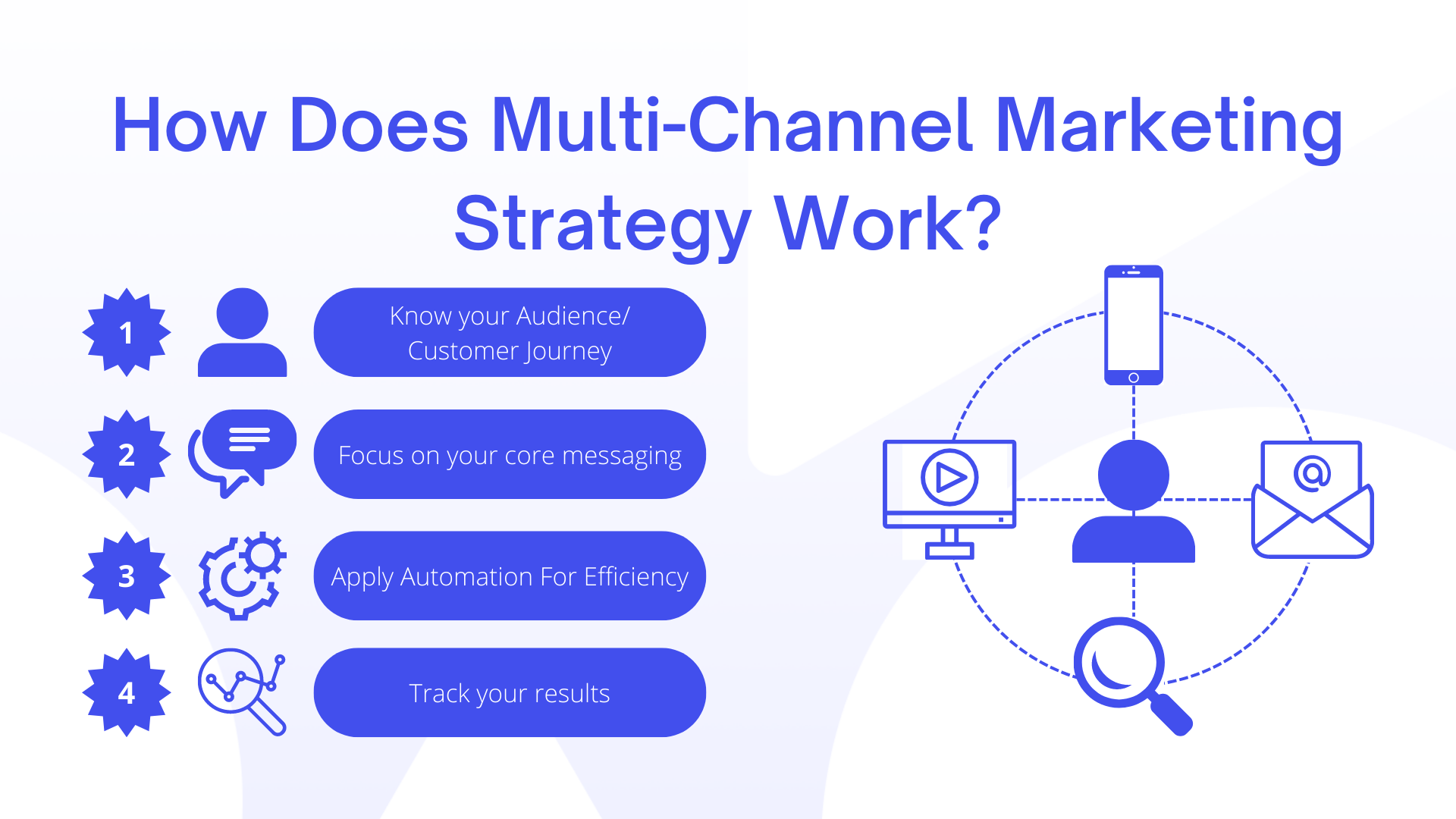
Engaging Your Audience Effectively
Building a successful SMS marketing strategy goes beyond managing costs and calculating ROI. It’s crucial to focus on engaging your audience with meaningful content and personalized experiences. Here are some key tactics to consider:
- Segmentation: Group your audience based on demographics, purchase history, or behavior to send targeted messages that resonate with specific segments. This personalized approach increases engagement rates and makes your customers feel valued.
- Timing and Frequency: Sending messages at the right time is pivotal for maximizing engagement. Analyze your audience’s behavior to identify peak times for interaction and ensure your messages are neither too frequent nor too sparse.
- Clear Call-to-Action (CTA): Every SMS should have a clear and compelling CTA. Whether it’s to visit a website, participate in a contest, or redeem a special offer, a direct CTA encourages recipients to take the desired action promptly.
- Value-Driven Content: Ensure that your messages provide real value to your subscribers. This could be exclusive promotions, useful tips, or insider news. Valuable content fosters loyalty and encourages long-term engagement.
- Compliance and Consent: Always obtain proper consent before adding customers to your SMS list and stay updated with regulations such as GDPR or TCPA. Respecting privacy not only safeguards your business but also strengthens trust with your audience.
Implementing these strategies can enhance the effectiveness of your SMS marketing, creating a lively channel for customer interaction that supports your overall marketing goals.
Leveraging SMS Automation for Scalability
Automation in SMS marketing can greatly enhance both efficiency and scalability. Integrating automation tools into your strategy allows for the seamless execution of tasks, such as scheduling messages, segmenting audiences, and managing opt-ins. Here are some advantages of utilizing SMS automation:
- Streamlined Processes: Automation reduces the manual effort required to schedule and send messages, freeing up your marketing team to focus on more strategic efforts.
- Personalized Campaigns at Scale: With automation, you can create personalized content for different audience segments efficiently. Automated workflows can target subscribers based on their behavior and preferences, delivering unique experiences that drive engagement.
- Triggered Messaging: Set up automated messages based on specific triggers, such as subscriber sign-ups, birthdays, or purchase anniversaries. Triggered messages are timely and relevant, often resulting in higher open and conversion rates.
- Consistent Messaging: Automation ensures your messaging is consistently delivered at optimal times, maintaining continuity in communication and reinforcing brand recognition.
- Resource Optimization: By automating routine tasks, businesses can allocate resources more effectively, optimizing productivity and reducing operational costs.
Incorporating automation into your SMS marketing strategy not only expands your capacity to reach more customers but also enhances the overall customer experience, driving sustained growth and success for your business. As you build out your SMS campaigns, harness the power of automation to deliver targeted, timely, and personalized experiences that keep your audience engaged and coming back for more.
Choosing the Right SMS Marketing Provider

Selecting the right SMS marketing platform is essential for optimizing your sms marketing pricing. Here are key factors to consider:
Essential Features to Look For
When evaluating SMS marketing platforms, consider essential features that can enhance your marketing efforts:
- User-Friendliness: The platform should be intuitive and easy for your team to navigate.
- Automation Capabilities: Look for features that allow you to automate campaigns, such as scheduled messages and triggered workflows.
- Reporting and Analytics: Comprehensive reporting tools are crucial for tracking the success of your SMS marketing efforts.
- Customer Support: Reliable customer support can help you troubleshoot issues and maximize your platform’s potential.
Pricing and Value
It’s important to compare pricing plans and features across different SMS marketing providers. Look for flexible pricing options, such as pay-as-you-go or tiered plans, to accommodate your business’s evolving needs. Prioritize value for money by assessing the features included in each pricing tier.
Reputation and Reviews
Research the reputation of potential SMS marketing providers by reading online reviews, case studies, and recommendations from other small businesses. Choose providers with a proven track record of reliability and customer satisfaction to ensure a successful partnership.
Best Practices for Maximizing SMS Marketing ROI
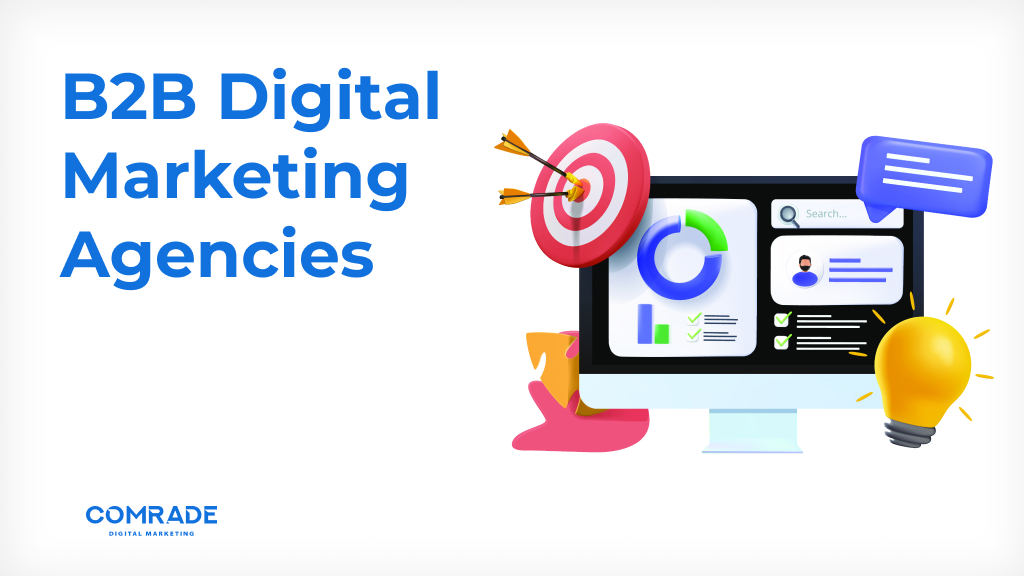
To maximize your SMS marketing ROI, consider implementing these best practices:
Building Your Subscriber List
Growing your SMS subscriber list is crucial for successful campaigns. Effective strategies include:
- Offering incentives for sign-ups, such as discounts or exclusive offers.
- Promoting your SMS program on your website and social media channels.
- Utilizing opt-in forms to capture customer consent.
Building a targeted and engaged subscriber base is essential for achieving high engagement rates.
Creating Engaging Content
Crafting compelling SMS messages that capture attention is vital. Focus on:
- Personalization: Tailor messages to individual preferences and behaviors.
- Clear Calls-to-Action: Encourage recipients to take specific actions.
- Concise Messaging: Keep messages short and to the point to drive engagement.
Examples of effective SMS message templates include promotional offers, reminders, and personalized greetings.
Timing and Frequency
Optimizing the timing and frequency of your SMS campaigns can significantly impact engagement. Consider:
- Audience Behavior: Analyze when your audience is most likely to engage with messages.
- Industry Trends: Stay informed about peak times for SMS engagement in your industry.
- Message Relevance: Ensure your messages are timely and relevant to current events or promotions.
Utilizing insights from your analytics can help refine your timing strategy for better results.
1. https://redcar.com.vn/archive/1803/
2. https://redcar.com.vn/archive/1799/
3. https://redcar.com.vn/archive/1801/
Compliance and Regulations
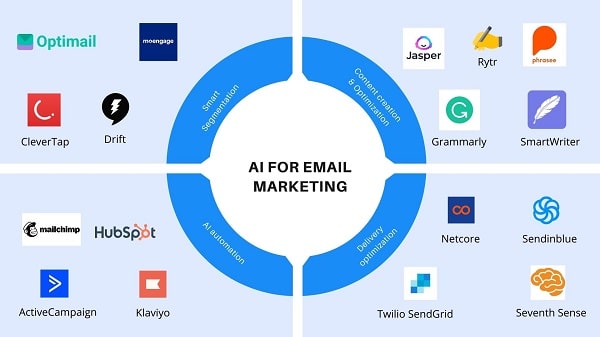
Adhering to regulations is crucial in SMS marketing. Here are key considerations:
Obtain Explicit Consent
Before sending SMS messages, it is crucial to ensure you have explicit consent from customers. This involves obtaining a clear and informed agreement to receive marketing communications, which is critical for compliance with regulations such as GDPR or TCPA. By securing explicit consent, you not only adhere to legal requirements but also build trust with your audience, showing respect for their preferences in communication.
Be Transparent and Honest
Transparency in your SMS communications is essential for maintaining a positive relationship with your customers. Clearly identify yourself and the purpose of your messages to avoid misleading customers. Misleading communications can damage your brand’s reputation and lead to customer distrust. By being honest about who you are and why you’re reaching out, you foster a sense of reliability and openness, which can enhance customer loyalty.
Adhere to Carrier Guidelines
Familiarizing yourself with carrier guidelines for SMS marketing is an important step in ensuring your messages reach their intended audience. Each carrier may have specific rules and regulations regarding message content, frequency, and formatting. Non-compliance with these guidelines can result in message blocking or even account suspension, which can significantly hinder your marketing efforts. Staying informed and adhering to these guidelines ensures smoother operations and uninterrupted communication with your customers.
Respect Customer Privacy
Respecting customer privacy is paramount in any marketing strategy. Ensure that you handle personal information with utmost care and do not share customer data without their explicit consent. Implementing robust data protection measures and being transparent about how you use and store customer information not only complies with privacy laws but also reinforces trust with your audience. By prioritizing privacy, you demonstrate a commitment to safeguarding customer information, which can set your brand apart in a competitive market.
Frequently Asked Questions
What are the typical costs associated with SMS marketing?
The costs for SMS marketing can vary widely based on several factors, including the service provider, message volume, geographic reach, and additional features like keywords or shortcodes. Generally, SMS messages cost between one to five cents, while MMS messages range from three to six cents. Monthly fees for SMS marketing platforms typically start at around $10 and can exceed $1,000, depending on the plan.
How do I calculate my ROI for SMS marketing campaigns?
To calculate your SMS marketing ROI, use the formula: ROI = (Return – Investment) / Investment x 100. It’s essential to track key metrics such as click-through rate, conversion rate, and cost per subscriber to gauge the effectiveness of your campaigns.
What are some best practices for creating engaging SMS messages?
When crafting SMS messages, focus on personalization, clear calls-to-action, and concise messaging. Use engaging content that resonates with your audience to increase interaction and conversion rates.
How can I ensure compliance with SMS marketing regulations?
Key compliance considerations include obtaining explicit consent from recipients, maintaining transparency about the sender and message purpose, adhering to carrier guidelines, and respecting customer privacy by safeguarding their data.
What are some popular SMS marketing platforms for small businesses?
Several reputable SMS marketing platforms cater to small businesses, including Twilio, EZ Texting, and SimpleTexting. These providers offer various features and pricing models to suit different marketing needs.
Conclusion
Understanding sms marketing pricing is essential for small businesses looking to leverage SMS marketing effectively. By comprehensively analyzing the costs associated with text message marketing, calculating ROI, choosing the right provider, and implementing best practices, businesses can maximize their marketing efforts. SMS marketing presents a cost-effective opportunity to engage customers and drive growth. As you explore your SMS marketing strategy, remember to continuously optimize your campaigns and stay compliant with regulations to ensure success in this powerful digital marketing channel.




